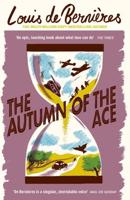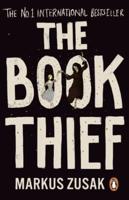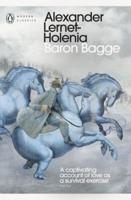Publisher's Synopsis
"In this remarkable first novel Mr. Baxter does a great deal more than show promise; if there is any justice in the world he has arrived." - Times Literary Supplement
"A first novel of more than promise. It is a distinct achievement." - Joseph Taggart, Star "An uncommonly good novel." - Time Magazine "A first novel of great promise . . . penetrating insight of a man's struggle against the dark powers of moral disintegration." - News Chronicle "A brilliantly good novel." - Lionel Hale, Observer "Automatically rises to a high level of interest by facing up to problems which have been considered taboo in numerous other war novels by writers on both sides of the Atlantic . . . Mr. Baxter displays a rousing knack for good story-telling with lean, unfrilled prose." - Saturday Review "[M]ay well be considered one of the finest pieces of descriptive writing to come out of the war. . . . This is an outstanding novel. The writing is very, very good. Highly recommended." - Birmingham News "[O]ne of the best of its kind ever written . . . quite literally an unforgettable experience." - Savannah News One of the finest British novels to come out of World War II, Look Down in Mercy is the story of the moral disintegration of an ordinary British Army officer when faced with the unspeakable horrors of war. Newly arrived in Burma and waiting for the fighting to start, the outwardly brave and rugged Capt. Tony Kent passes the interminable and swelteringly hot days in bouts of heavy drinking and casual sex. But when the campaign begins in earnest, Kent is forced to confront his own inner darkness as his cowardice and fear lead to treason and cold-blooded murder. Surrounded by brutality and death on all sides, Kent's sole source of comfort is his love for his batman, Anson. But in the face of nearly insurmountable obstacles - enemy artillery, legal and social condemnation, and Kent's own doubts and self-loathing - can their love possibly survive? Look Down in Mercy (1951) was both a bestseller and a major critical success for its author, Walter Baxter (1915-1994), whose second novel, The Image and the Search (1953), landed him in court on criminal obscenity charges and ended his writing career. This edition, the first in more than four decades, features a new introduction by Gregory Woods and includes both the original ending and the alternate ending from the 1952 American edition.









